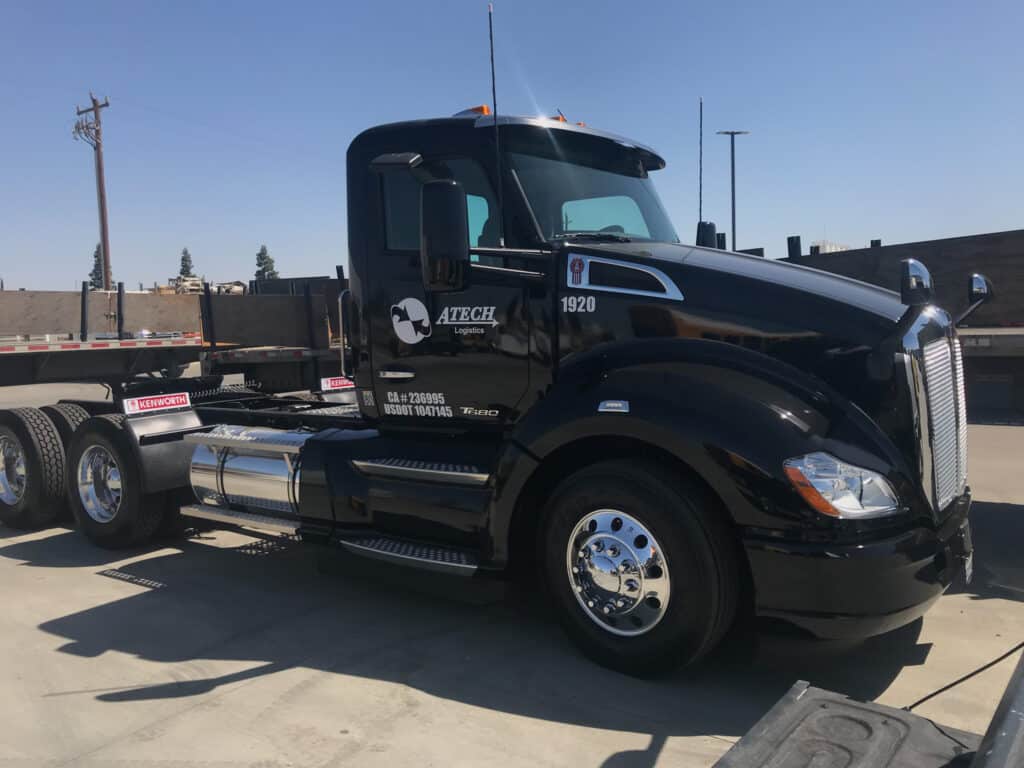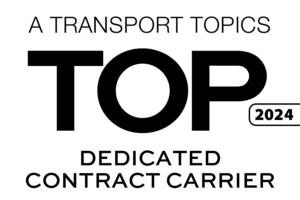
When it comes to the logistics industry, the final mile is a crucial step in the process of delivering goods. A complete process usually entails a product’s trip from the shelf of a warehouse, to inside a truck, and finally to the customer’s doorstep. Often called the last mile, this last leg of transportation usually describes the delivery method of products. It is important to note that the final mile can vary depending on the cargo, delivery vehicle and any additional services included.
While the entire logistics cycle is important, leaders should place a significant amount of attention on assuring the final mile is effective. If there is no successful final mile, then you risk interfering with the entire process which affects multiple parties. A valuable factor to keep in mind when understanding the importance of this stage is the speed of delivery. Since the pandemic, online shopping has become one of the leading ways consumers buy various products. The heavy reliance on online shopping is a result of many successful deliveries in a timely manner. An effective final mile service can help ascertain that products are being delivered in a reasonably speedy time.
Additional factors that can result from an effective final mile are more sustainable deliveries and saving on expenses. Consumers have become more environmentally conscious which gives an added responsibility to businesses. Leaders have to now do more to ensure they are aligning with their consumer’s eco-friendly lifestyles. The last mile has been a concerning area when it comes to decreasing the carbon footprint of the process. Having a more effective last mile not only helps validate a more sustainable process but also helps in reducing delivery time. When it comes to cost efficiency, effective last-mile services help play a part in minimizing any potentially costly mistakes. Due to costs adding up quickly from little mistakes it is easy to overlook these last-minute expenses that can come up due to a lack of planning.
Once you understand how these factors can play a role in strengthening your last-mile stage, you can make a plan to strengthen your final-mile services for more effectiveness. To start, your company can focus on optimizing your delivery routes. A great way to see a drastic decrease in delivery times is to put more effort into planning routes ahead of time. There are several software programs that can aid in planning the best routes to deliver on time and sometimes even early. Utilizing software like Onfleet allows automatic updates that will provide routes specific to the vehicle, time of delivery, location and traffic. Driver’s being able to get real-time updates on their route will allow them to avoid any obstacles that can get in the way of timely deliveries.
Another way to make the final mile more effective is to provide real-time tracking to customers. A great way to avoid inconveniencing consumers with having to reach out to customer support for status updates, real-time tracking allows customers to be in the know constantly. The tracking information allows customers to easily see what city the package is in with timestamps and even, in some cases, proof of delivery. This allows customers to know where their package is while also protecting businesses from misplacing packages or fraud.
Tracking driver performance is a great way to improve the last leg of the delivery process. Drivers are a vital part of making a positive impression on customers. Monitoring delivery performance can also help identify any elements of the process that may be causing problems. Having issues come to life during this process also allows the opportunity for positive change to be implemented and removes any negative impact of any obstacles drivers may face. This also plays an important role in customer service. If a driver has negative interactions throughout their deliveries repeatedly, this could affect how customers view the entire company. Monitoring this opens up a chance to provide better training or remove those who consistently show poor performance.
Having a consolidated place for all logistics delivery data can help you have more focused control over the operations of the final-mile delivery. When it comes to making better business decisions, being able to observe all the data in one place makes for a smoother process and removes any possibility of overlooking important information. A centralized location for all data sets will help you easily track any concerns regarding delays, cost spikes, or delivery issues. There are many software options for delivery management that can help solve any issues with delivery tracking discrepancies.
All in all, the final mile is a significant part of the logistics cycle. Utilizing different services and software to help boost morale and efficiency is key in making sure products make it to the endpoint in a timely manner. Using some of these tips will affirm that consumers are receiving products undamaged in a timely manner and in a cost-efficient way.

